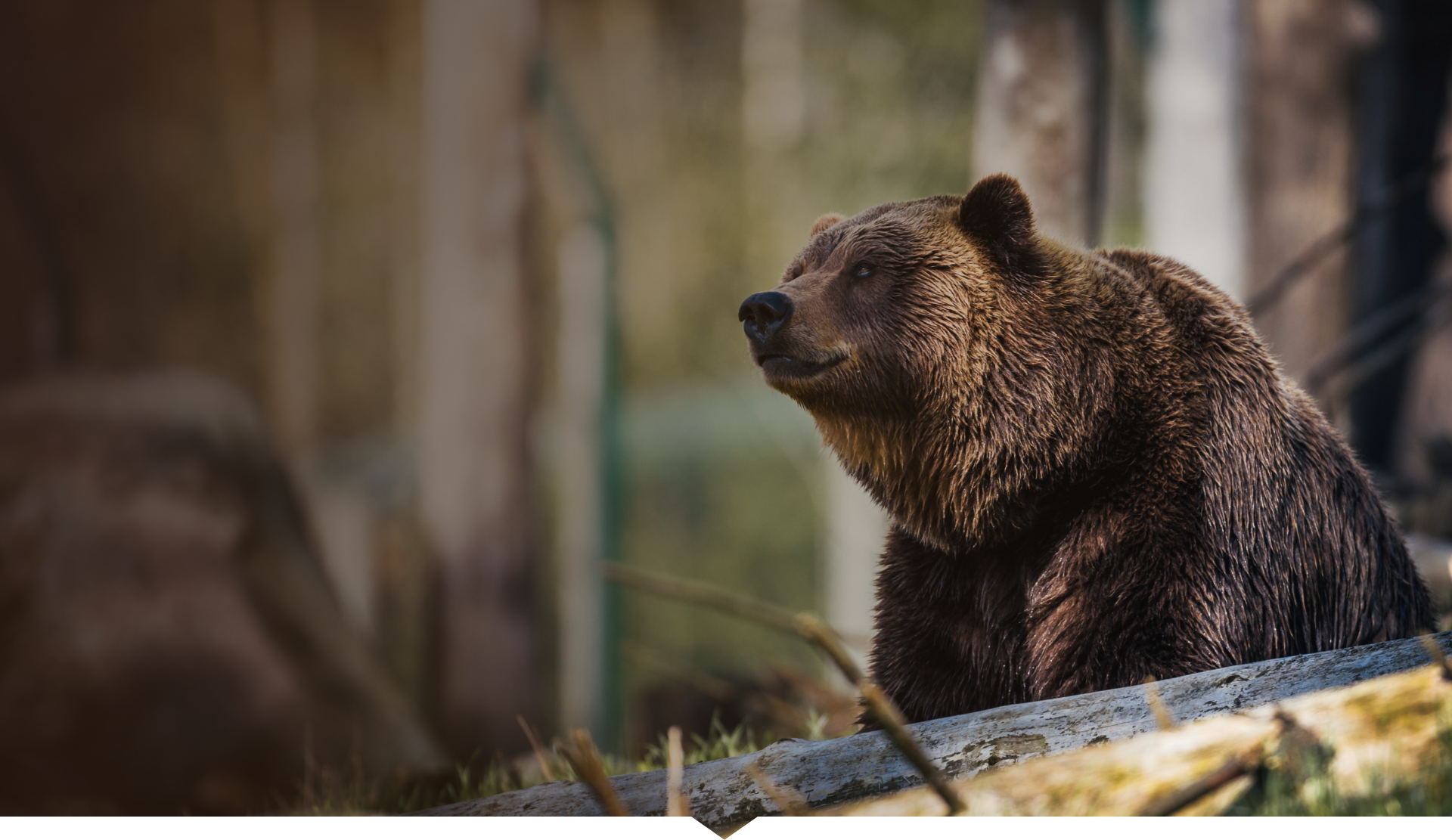Op zaterdag 3 oktober 2015 vindt in Amsterdam de Global March for Elephants, Rhinos & Lions plaats. Deze mars maakt deel uit van een wereldwijd gecoördineerde demonstratie. In ruim 120 steden zullen duizenden mensen de straat opgaan om vreedzaam te protesteren tegen het dreigende uitsterven van olifanten, neushoorns en leeuwen door stroperij, trofeejacht, de handel in dierproducten, knuffelfarms voor leeuwen en het daaraan gekoppelde canned hunting.
De mars in Amsterdam wordt georganiseerd door Stichting SPOTS, Stichting Bring the Elephant Home, de Neushoornstichting, IFAW, Stichting Stop Dierenleed Nederland (SDN), World Animal Protection Nederland en Stichting Zuiderzee Zwerfdieren, en wordt ondersteund door tientallen partners, waaronder het Jane Goodall Instituut Nederland, Stichting AAP en PeTA Nederland. Zij staan allen achter de boodschap dat er te weinig aandacht is voor de gevaren die deze diersoorten bedreigen in hun voortbestaan en dat er nu iets moet gebeuren om deze dreiging te stoppen.
De grootste bedreiging vormt de handel in dierproducten, omdat de traditionele geneeskunde in landen als China en Vietnam er nog altijd vanuit gaat dat bijvoorbeeld de hoorn van een neushoorn een geneeskrachtige werking heeft. Het ivoor van olifanten is nog steeds in trek omdat een beeldje van ivoor wordt gezien als een waardevol cadeau. Leeuwen als Cecil vallen ten prooi aan trofeejagers, die veel geld betalen om hen dood te schieten, en stropers doden leeuwen om hun huid en botten te verkopen. Van leeuwenbotten wordt in diverse Aziatische landen ‘geneeskrachtige’ wijn gemaakt. Leeuwen worden ook misbruikt voor de onschuldig ogende knuffelfarms, waar toeristen met welpen kunnen knuffelen. Maar wanneer de dieren te oud zijn worden ze in een afgesloten gebied uitgeleverd aan hobby- en trofeejagers.
Terrorisme
Omdat de dierproducten op de zwarte markt veel waard zijn, vindt een groeiend deel van de stroperij tegenwoordig plaats door terroristische groeperingen, zoals IS en Boko Haram, die ivoor en neushoornhoorn verkopen om aan geld te komen voor wapens. Deze illegale handel neemt dan ook steeds hardere vormen aan.
Cijfers
Dit alles resulteert in schrikbarende cijfers. Iedere 15 minuten wordt er een olifant gedood. Dat zijn er 100 per dag en dus ruim 35.000 per jaar. Naar schatting leven er nog ± 465.000 olifanten in het wild. Iedere 7 tot 11 uur vindt een neushoorn de dood en inmiddels zijn er minder dan 24.000 in leven. De aantallen leeuwen nemen ook gestaag af, met nu minder dan 20.000 dieren wereldwijd in leven. Er is nog maar een mensengeneratie voor nodig eer al deze dieren definitief uitgestorven zijn.
Nagelactie
Tijdens de mars zal aandacht besteed worden aan twee ludieke acties, waaronder de nagelactie van de Marjo Hoedemaker Elephant Foundation. Onze nagels bevatten keratine; dezelfde stof waarvan de hoorn van neushoorns is gemaakt. Keratine heeft medisch gezien geen enkele waarde, maar toch denkt de traditionele Chinese en Vietnamese geneeskunde daar anders over. Om de waanzin van de jacht op neushoorns, olifanten en leeuwen symbolisch in beeld te brengen is een flinke hoeveelheid menselijke nagels ingezameld om uiteindelijk aan te bieden aan de Chinese en Vietnamese ambassades. Op 3 oktober zal tijdens de slotmanifestatie op het Rembrandtplein de eindstand bekendgemaakt worden, evenals die van de wereldwijde selfie-actie, waarbij mensen een foto hebben ingestuurd van zichzelf met hun favoriete dier. Deze foto’s zullen een groot mozaïek vormen met de beeltenis van een olifant, neushoorn en leeuw.
Programma
De mars in Amsterdam start om 14.00 uur vanaf het Centraal Station. Via de binnenstad zal de stoet zich verplaatsen naar het Rembrandtplein, waar tussen 15.15 en 17.00 uur de slotmanifestatie plaatsvindt met diverse sprekers, de presentatie van het eindresultaat van de nagel- en selfie-actie en live muziek.


